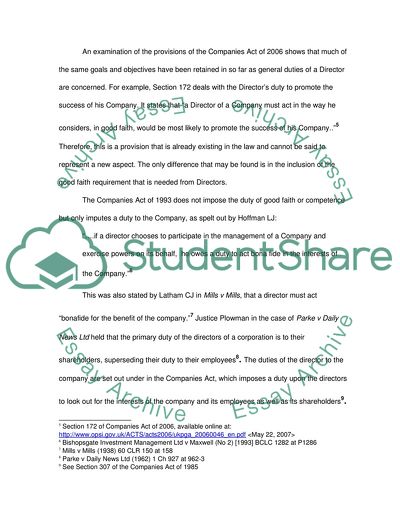Cite this document
(Sections 171 to 188 of Companies Act 2006 Coursework, n.d.)
Sections 171 to 188 of Companies Act 2006 Coursework. https://studentshare.org/law/1706376-company-law-assignment
Sections 171 to 188 of Companies Act 2006 Coursework. https://studentshare.org/law/1706376-company-law-assignment
(Sections 171 to 188 of Companies Act 2006 Coursework)
Sections 171 to 188 of Companies Act 2006 Coursework. https://studentshare.org/law/1706376-company-law-assignment.
Sections 171 to 188 of Companies Act 2006 Coursework. https://studentshare.org/law/1706376-company-law-assignment.
“Sections 171 to 188 of Companies Act 2006 Coursework”. https://studentshare.org/law/1706376-company-law-assignment.


